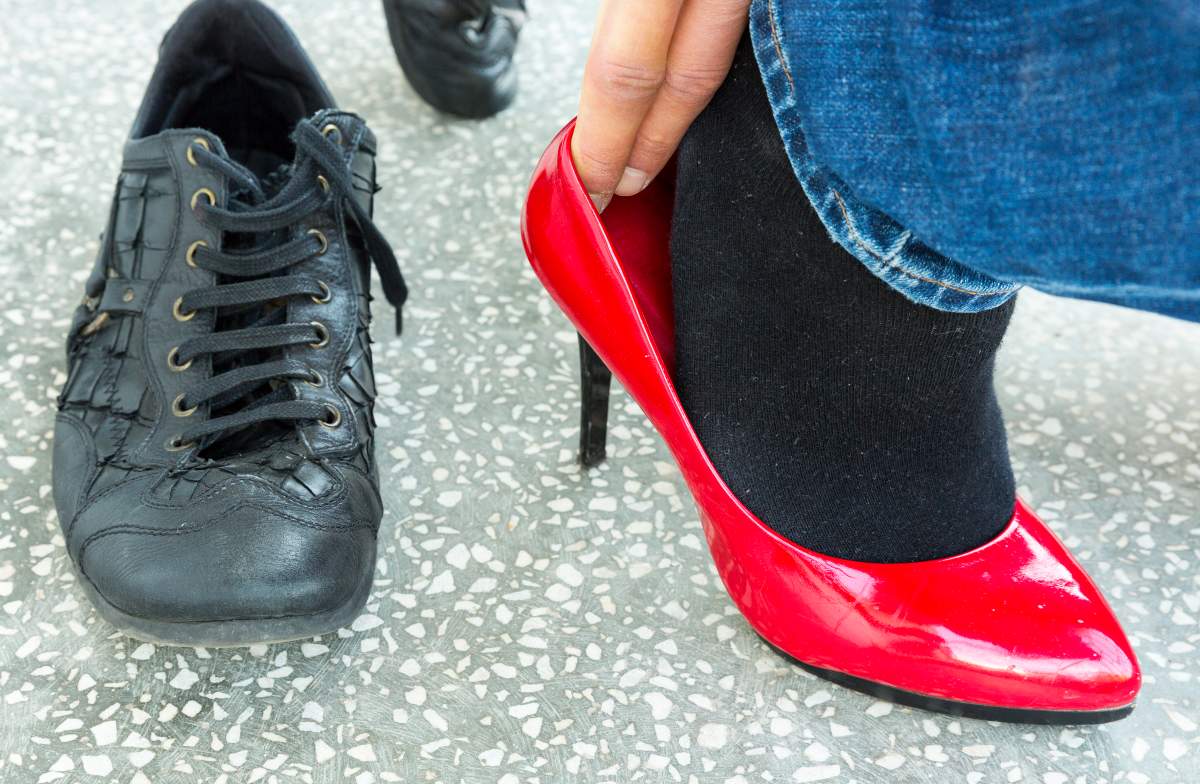After 11 years and nearly $1 million raised for victims of domestic violence, the annual Walk a Mile in Her Shoes fundraiser in Peterborough has taken its final step.

On Friday, the YWCA Peterborough Haliburton announced its decision to end the annual event in which participants don red high heels and walk George Street to raise awareness and funds to support victims of domestic violence and the 24-hour emergency Crossroads Shelter for women and children fleeing domestic violence.
Since 2009, the event in Peterborough has raised more than $950,000 to support women and children fleeing domestic abuse and violence. The 2019 edition raised $103,028 — exceeding the goal of $95,000. It provided the Crossroads Shelter with the equivalent of 1,593 safe nights for victims, which cost approximately $65 each, the YWCA states.
“We want to express our heartfelt appreciation to all past participants, sponsors and volunteers whose shared compassion has resulted in more than $950,000 in critical funding for women who experience violence,” stated Ria Nicholson, organizer of the 2019 event.
The YWCA says it remains committed to securing funds that will ensure the continuation of essential crisis and support services for women who experience violence, both during and after the coronavirus crisis.

Get weekly health news
“Unfortunately, the effects of physical distancing are complex and will be long-lasting, particularly for women we serve,” stated Kim Dolan, YWCA executive director. “While physical distancing is essential in reducing exposure to COVID-19, isolation and uncertainty are creating additional barriers and risks for women who are now trapped and have fewer opportunities to get help.
“We anticipate dramatic increases in the need for shelter, safety planning and crisis support over the coming months.”
The YWCA says it’s grateful to federal and provincial governments for “their leadership and support of violence against women shelters as we navigate this unprecedented time.”










Comments
Want to discuss? Please read our Commenting Policy first.